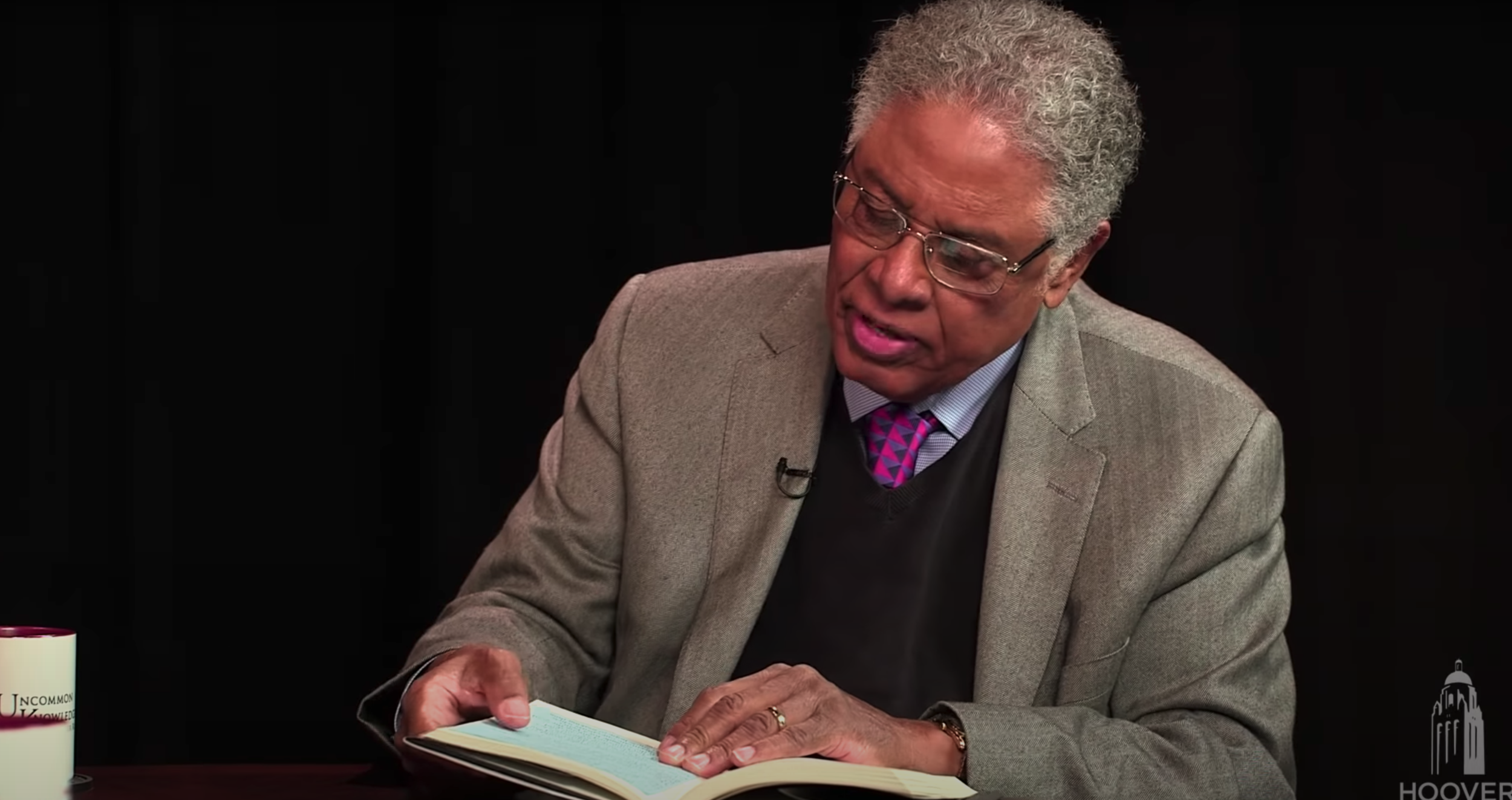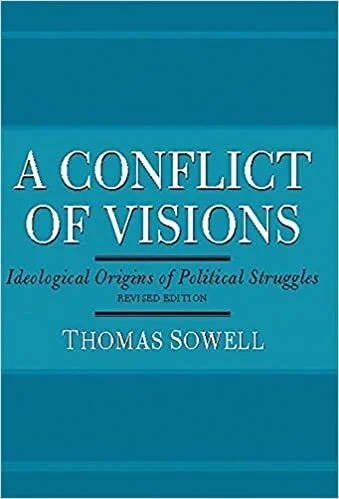Video
Sowell’s Book and Description
Discrimination and Disparities
“An empirical examination of how economic and other disparities arise
Economic and other outcomes differ vastly among individuals, groups, and nations. Many explanations have been offered for the differences. Some believe that those with less fortunate outcomes are victims of genetics. Others believe that those who are less fortunate are victims of the more fortunate.
Discrimination and Disparities gathers a wide array of empirical evidence from to challenge the idea that different economic outcomes can be explained by any one factor, be it discrimination, exploitation or genetics.
It is readable enough for people with no prior knowledge of economics. Yet the empirical evidence with which it backs up its analysis spans the globe and challenges beliefs across the ideological spectrum.
The point of Discrimination and Disparities is not to recommend some particular policy "fix" at the end, but to clarify why so many policy fixes have turned out to be counterproductive, and to expose some seemingly invincible fallacies--behind many counterproductive policies.”
Hoover Institutes Video Description
“Recorded March 14, 2018
Rich or poor, most people agree that wealth disparities exist. Thomas Sowell discusses the origins and impacts of those wealth disparities in his new book, Discrimination and Disparities in this episode of Uncommon Knowledge.
Sowell explains his issues with the relatively new legal standard of “disparate impact” and how it disregards the American legal principle of “burden of proof.” Sowell and Robinson discuss how economic outcomes vary greatly across individuals and groups and that concepts like “disparate impact” fail to take into account these variations.
They chat about the impact of nuclear families on the IQs of individuals, as studies have not only shown that children raised by two parents tend to have higher levels of intelligence but also that first-born and single children have even higher intelligence levels than those of younger siblings, indicating that the time and attention given by parents to their children greatly impacts the child’s future more than factors like race, environment, or genetics. Sowell talks about his book in which he wrote extensively about National Merit Scholarship finalists who more often than not were the first-born or only child in a family.
Sowell and Robinson go on to discuss historical instances of discrimination and how those instances affected economic and social issues within families, including discrimination created by housing laws in the Bay Area. They discuss unemployment rates, violence, the welfare state in regards to African American communities, and more.”








